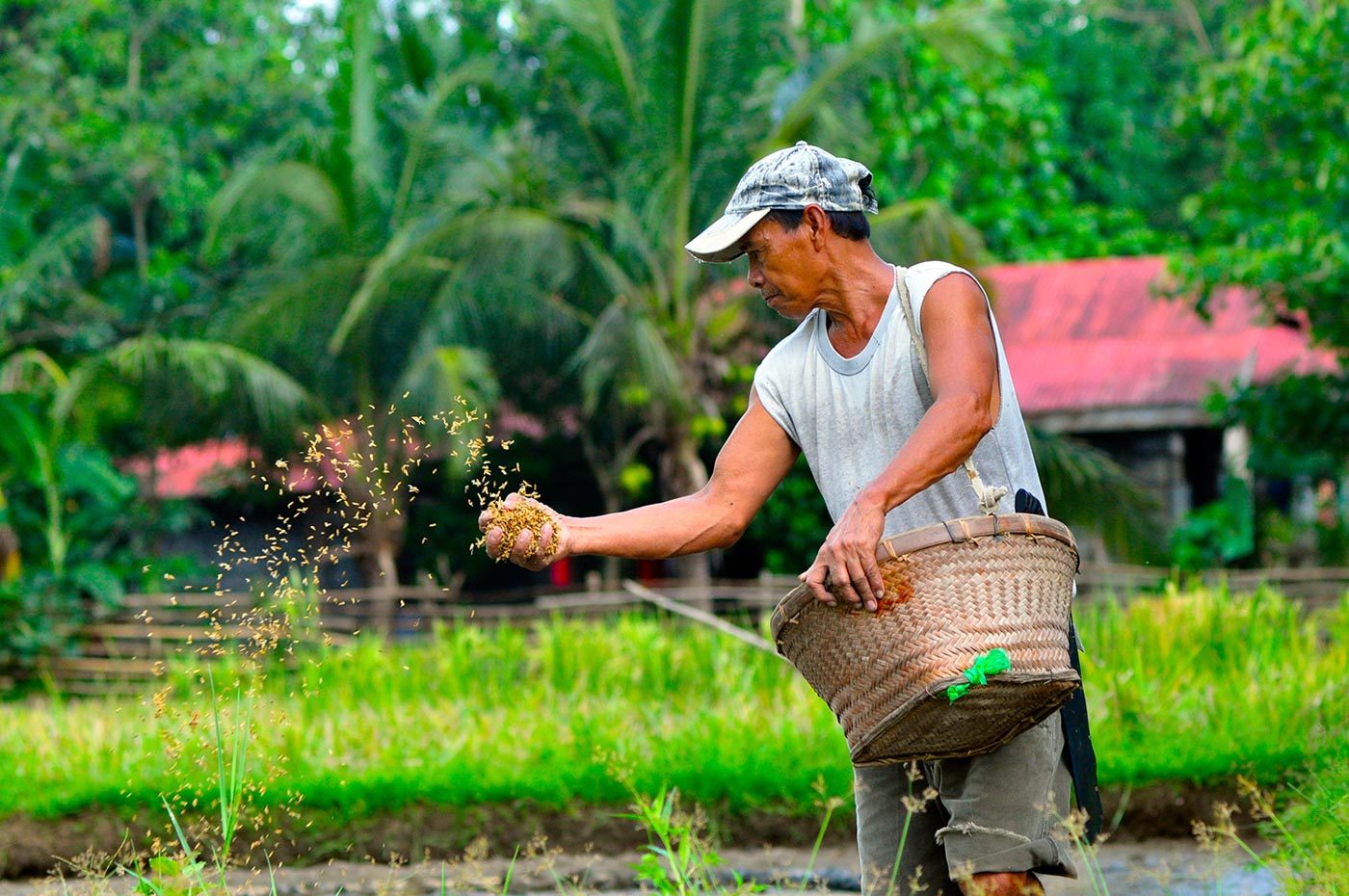SUMMARY
This is AI generated summarization, which may have errors. For context, always refer to the full article.

MANILA, Philippines – The Duterte administration should develop the agriculture sector to tame inflation, according to local think tank Foundation for Economic Freedom (FEF).
“[L]ow agricultural productivity and anemic agricultural growth will increase the risk of a return of high inflation and will drag down the economy as it has in 2018,” states the position paper of the public advocacy organization.
The government had pointed to increasing prices of food products as the cause of the 10-month climb of inflation rates in 2018.
Last year also saw shortages in farm goods such as rice and sugar, pushing the government to impose suggested retail prices and propose the deregulation of rice and sugar imports.
“High food costs translate into high wages and uncompetitiveness of our manufacturing and export sectors. Agricultural products also serve as inputs into food manufacturing,” FEF said.
“Therefore, high agricultural input costs mean high manufacturing costs and poor competitiveness.”
Inflation had begun to taper off by the tail end of 2018, easing in November and December.
The Philippine Statistics Authority on Tuesday, February 5, said inflation further eased to 4.4% in January this year from 5.1% last December.
However, this is still higher than the 3.4% inflation rate recorded in January 2017.
Last year, the agriculture sector grew by only 0.56%, due to typhoons which delayed harvests.
However, FEF said “climate change and weather disturbances cannot be blamed because our ASEAN neighbors are posting healthy growth rates despite similar weather disturbances.”
To keep inflation rates low, FEF called on the government to ensure that the rice industry would benefit from the proposed Rice Competitiveness Enhancement Fund. Funding for research on climate change-resistant crops should also be increased, added the group.
Despite the Sugar Regulatory Administration and the sugar industry’s disapproval, FEF also said that the importation of sugar should be liberalized “to make local sugar production more competitive and to lower the input costs of our food export manufacturing sector.”
Three other policies that FEF highlighted in relation to the Comprehensive Agrarian Reform Law were to reverse the fragmentation of farmlands, allow efficient farmers to own more than 5 hectares of land, and to make these lands “bankable.”
The public advocacy organization added that the government should “[m]ake rural infrastructure a significant component of the country’s Build, Build, Build program” and encourage foreign investments in logistics to lower the cost of transporting goods. – Rappler.com
Add a comment
How does this make you feel?
There are no comments yet. Add your comment to start the conversation.